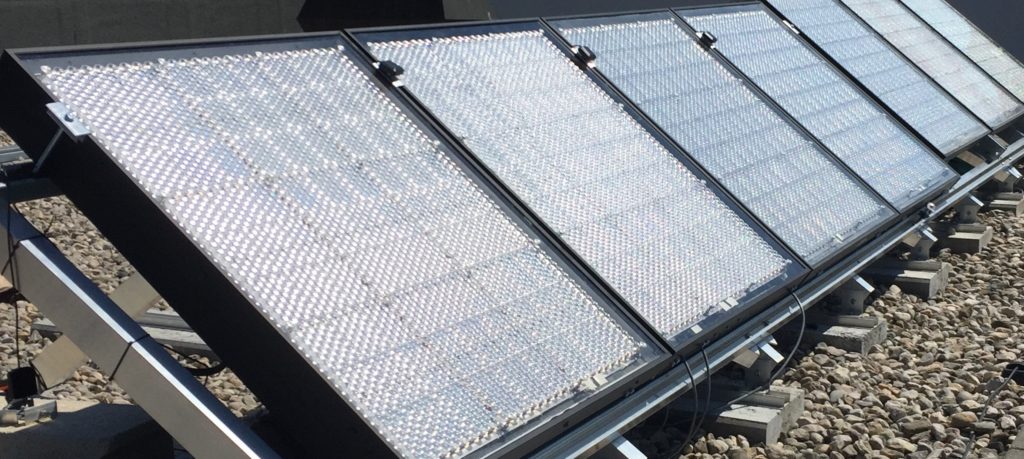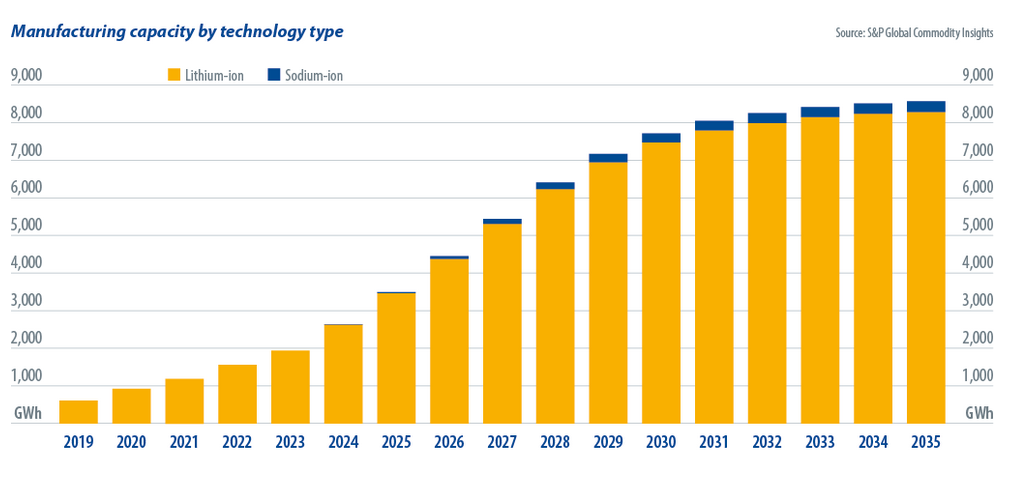Swiss start-up Insolight – founded by three researchers from the École polytechnique fédérale de Lausanne (EPFL) – has developed a new concentrating PV panel for residential application which is said to be standardized for mass production.
According to the researchers, the module has a conversion efficiency of 29% and is based on a patented optical system that concentrates sunlight on small PV cells of the kind used on satellites.
As cells for spaceflight missions are costly, the researchers used a very small amount of them in the panel. “The cells need to take up less than 0.5% of the solar panel surface,” they wrote. To extract the necessary efficiency, the scientists added protective glass with optical lenses to concentrate and direct sunlight onto the tiny, powerful cells around 100 times more than would be the case with normal solar glass. The researchers also made the cells track the sun through a mechanism to help them move horizontally.
Lab tests reached 36%
“This hybrid approach is particularly effective when it’s cloudy and the sunlight is less concentrated, since it can keep generating power even under diffuse light rays,” said Insolight chief technical officer Mathieu Ackermann.
The company said the 29% efficiency was confirmed by the Institute of Solar Energy at the Technical University of Madrid (IES-UPM), and the cell reached an efficiency of around 36% at laboratory level.
The researchers claim the rooftop module could easily be installed for residential and commercial applications. “Our technology can cut household energy bills by up to 30% in sunny regions,” said Insolight CEO Laurent Coulot.
The company is in talks with unspecified module manufacturers to license the technology. “Making our panels entails a few additional steps during the assembly stage. These steps could be tacked onto the end of standard production processes,” Coulot said.
This content is protected by copyright and may not be reused. If you want to cooperate with us and would like to reuse some of our content, please contact: editors@pv-magazine.com.




Unfortunately for concentrators, because of mass production, solar cells are less expensive than optics. And you can’t concentrate diffuse light so 20% if radiation is lost.
The article clearly states that it is very good with diffuse ligth